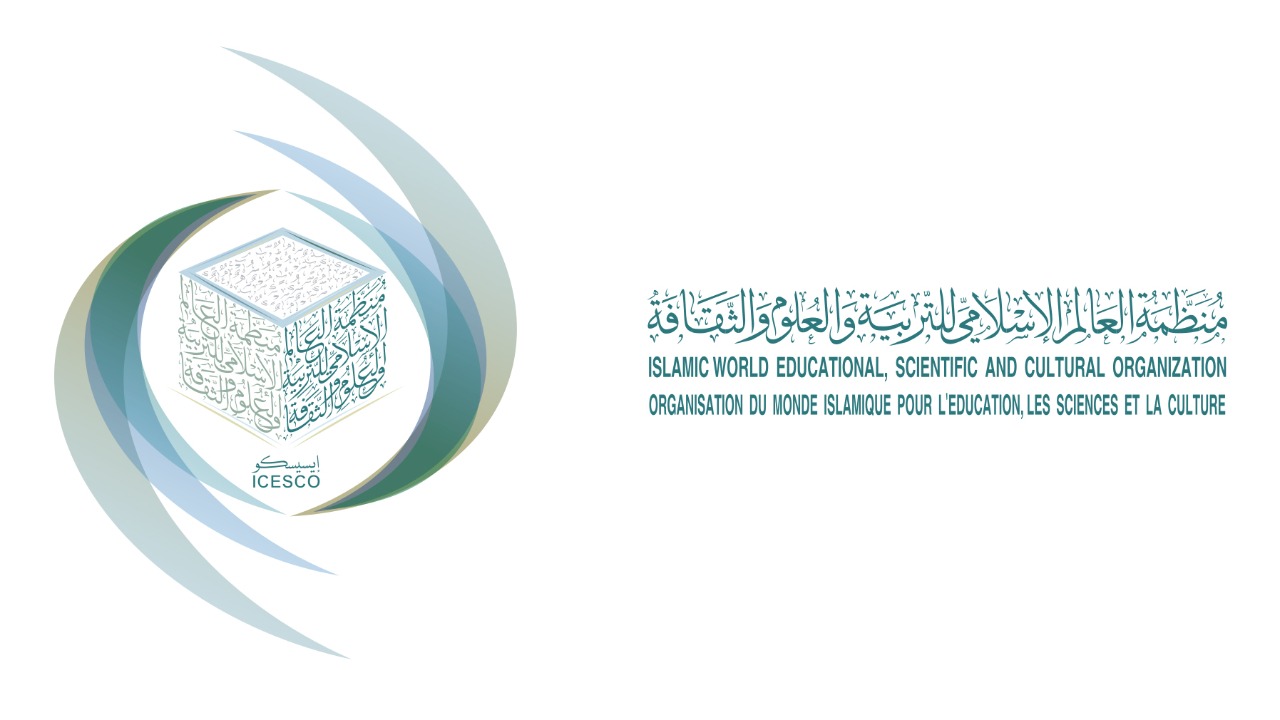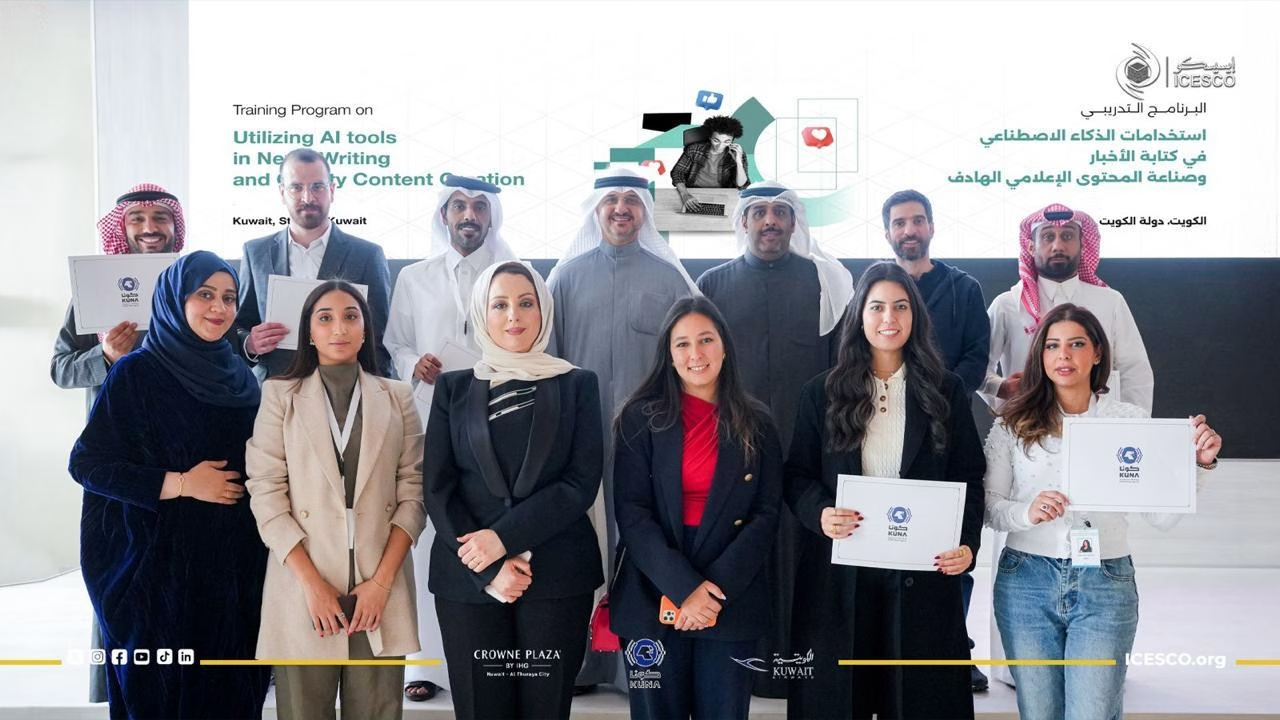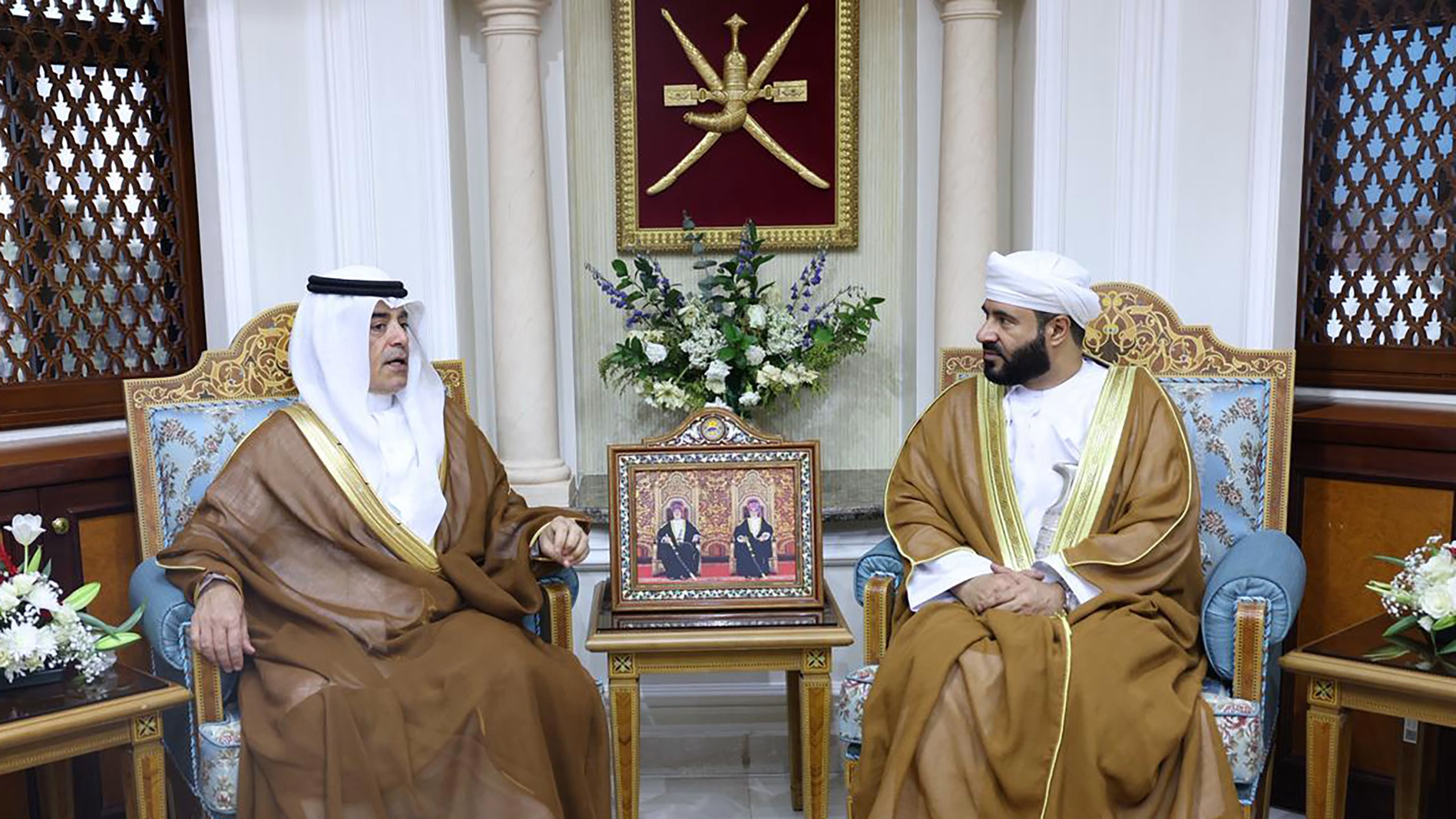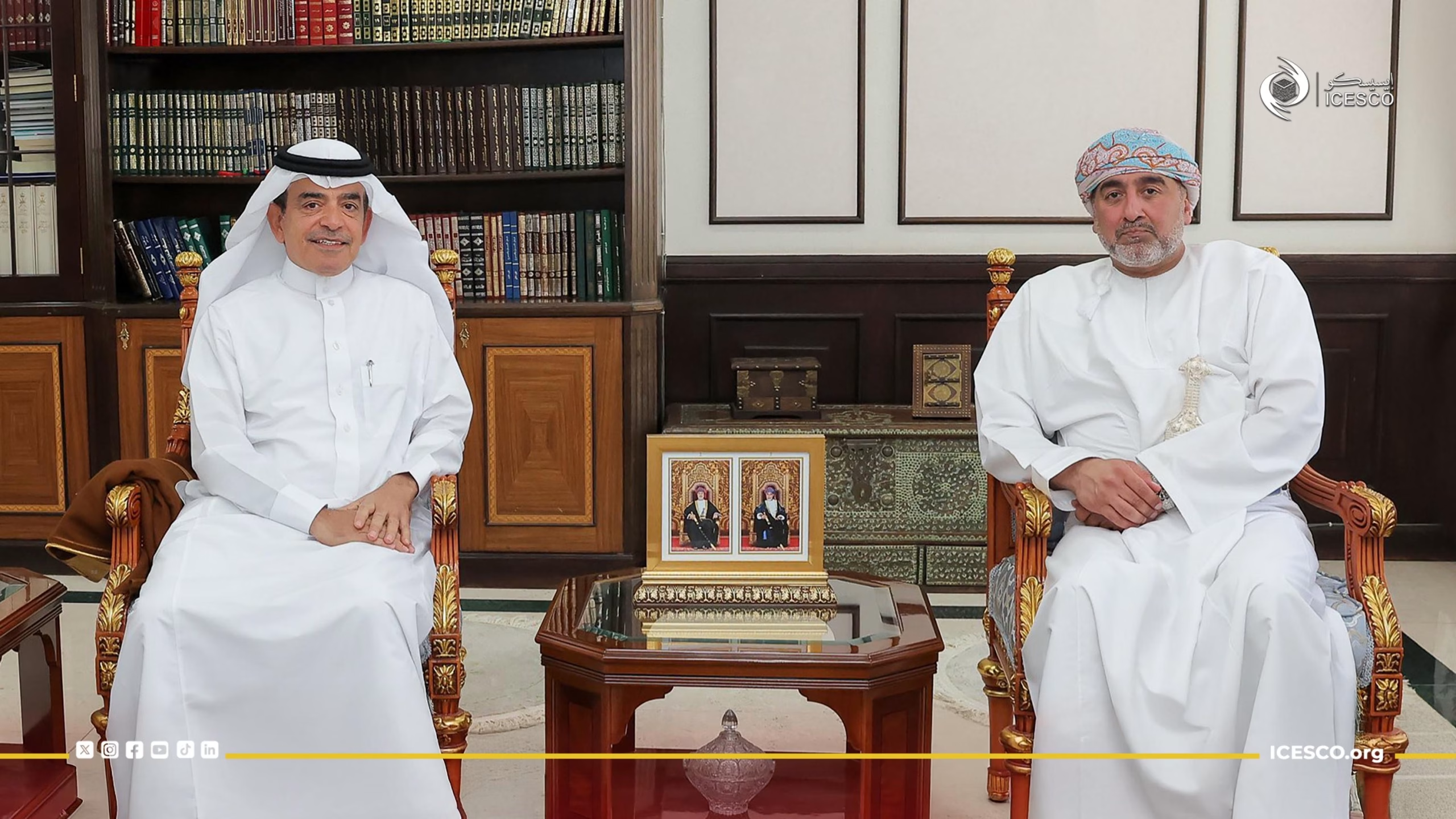
On World Water Day… ICESCO calls for harnessing modern technology to improve water governance

21 March 2023
Commemorated this year under the theme “Accelerating Change,” World Water Day is held annually on March 22nd as a reminder of the importance of safe drinking water access for all, as well as the need to support Sustainable Development Goal 6 (SDG 6) which aims to ensure universal access to water and sanitation.
On this occasion, the Islamic World Educational, Scientific and Cultural Organization (ICESCO) reaffirms its commitment to supporting programs and initiatives to ensure access to safe and clean water for all and establish good water governance. This is key to achieving sustainable development goals related to water quality and management, particularly as current statistics reveal that over 2 billion people around the world do not have access to safe drinking water, while 4.2 billion people lack sanitation services. This alarming situation underscores the paramount importance of establishing good water governance and strengthening sanitation infrastructure, especially since climate change is exacerbating both water scarcity and water-related hazards such as droughts in various countries.
In this perspective, ICESCO calls upon countries to consolidate their efforts with those of international and regional organizations, institutions, and research centers to take effective, coordinated action and implement policies, programs and projects based on modern technology, innovation, and renewable energy to address environmental challenges and water scarcity.
It is worth noting that ICESCO attaches particular importance to water issues and has launched various programs to help improve water resource management in its Member States, namely the Program for Water and Sanitation Services Improvement implemented in 1000 rural schools across different countries of the Islamic world.
On World Water Day, ICESCO reiterates its unwavering support to its Member States for investing in water management systems, sanitation and public hygiene services to achieve water security, ensure social and economic development and achieve food security in the Islamic world.




